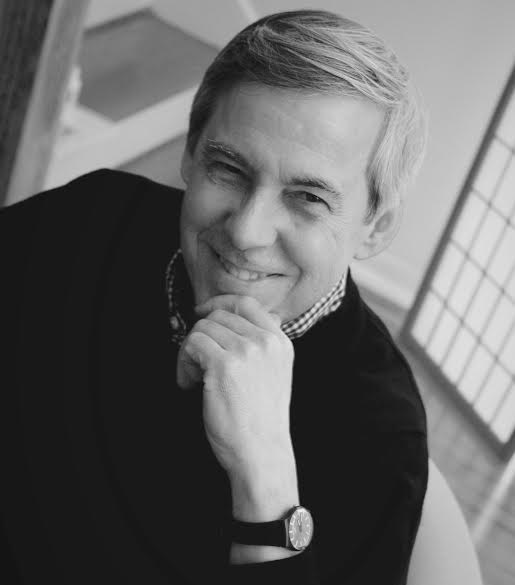Ode to Dusty Springfield
What makes
a voice
distinct?
What special
quality
makes it
indelible?
Yours is plaintive,
as any singer
of torch songs
must be,
yet endowed
with confidence,
and fully
in command.
Deep and
resonant,
a bit husky
if you like.
A voice that rises—
or skyrockets,
rather—from
a wellspring
of pure emotion.
Manically
infatuated
in “I Only
Want to Be
with You.”
Desperate to
keep your
lover from
leaving in
“Stay Awhile.”
Despondent
in “I Just
Don’t Know
What to Do
with Myself”
and “You Don’t
Have to Say
You Love Me.”
All cried out
in “All Cried
Out.” But then
amazingly
on the rebound
in “Brand New Me.”
I hear your
voice, Dusty,
and I am
instantly
whisked
back in time,
not quite
a teenager
all over
again,
full of longing
and confusion,
listening
to your
latest hit
on my
red plastic
transistor
radio on
a mid-sixties
Los Angeles
suburban
summer
afternoon.
Twice in
my life, I
found myself
in the same
room as you.
Can one fathom
anything more
miraculous?
The first
time was
in 1983, late
November,
in the basement
of a church
in Los Feliz,
around the
corner from
where I lived.
Sober only
a few weeks,
I watched
you approach
the podium,
but didn’t
realize who
you were
until you
identified
yourself as
“Dusty S.”
For the next
twenty minutes,
you told us
the story
of your
drinking.
How early in
your career,
backstage
before a
performance,
one of the
Four Tops
handed you
your first
drink, vodka.
How smoothly
it went down
and loosened
you up,
lit you from
within,
gave you
enough
courage
to go out on
stage, into that
blinding spot,
and sing like
no one else.
The alcohol
eventually
stopped working—
it always does,
that brand
of magic
is transient—
and here you
were, two
decades
later, sober
and clean
and still singing,
so to speak,
before a live
audience.
In my youth,
your words
had come over
the radio
and stirred
feelings
of heartbreak
and infatuation.
Now they
inspired me
to keep
coming back.
The second
time, 1987,
four years
sober, at a more
upscale meeting
at Cedars-Sinai
in West Hollywood,
I sat directly
behind you.
It was hard
to breathe
being in such
close proximity.
I didn’t hear
a word the
speaker said.
During his
drunkalog,
I slowly,
surreptitiously,
moved the
toe of my
white high-top
until it touched
the back of
your folding chair.
Then said a
little prayer.
I hoped
(should I be
embarrassed
admitting this?)
that some
of your
stardust
might travel
down the
metal leg
of your chair,
like a lightning
rod, and be
passed on
to me.
It’s after
midnight
again, Dusty,
half a century
since, on
a suburban
lawn or alone
in my room,
I suffered
through hits
by Paul Revere
& the Raiders
and Herman’s
Hermits,
just to
experience
two or
three minutes
of your
sultry voice.
I’m on
YouTube
again, watching
the black-and-white
video of you
singing “I
Only Want
to Be
with You.”
Your 1964
appearance
on some teen
variety show.
I’ve viewed
it innumerable
times, but
it’s always
exciting to see
you dance
out of the
darkness into
the round
spotlight,
exuberant
as the song’s
intro, arms
outspread,
in a chiffon
cocktail
dress and
high heels,
your platinum
hair, sprayed
perfectly
in place,
as bright
and shiny
as the moon.
Midway
through the
song—the
instrumental
bridge—you
turn and
sashay around
the edge of
the spotlight,
the ruffled
hem of your
chiffon dress
twisting with
your hips
and intricate
footwork.
Circle circling
circle: your
full backlit
hair orbiting
the pool of
white light
in the center
of the stage.
I watch this
again and again,
like Bashō’s moon
walking around
the pond
all night long.
Credit
Copyright © 2018 by David Trinidad. Originally published in Poem-a-Day on June 13, 2018, by the Academy of American Poets.
About this Poem
“I’d always wanted to write about my brushes with Dusty Springfield, a pop star of goddess-like proportions from my childhood. I started the poem in a notebook in September 2016 and for some reason set it aside, but it stayed in my mind. Over a year later I went back and picked it up again. I’m glad I did.”
—David Trinidad
Date Published
06/13/2018

